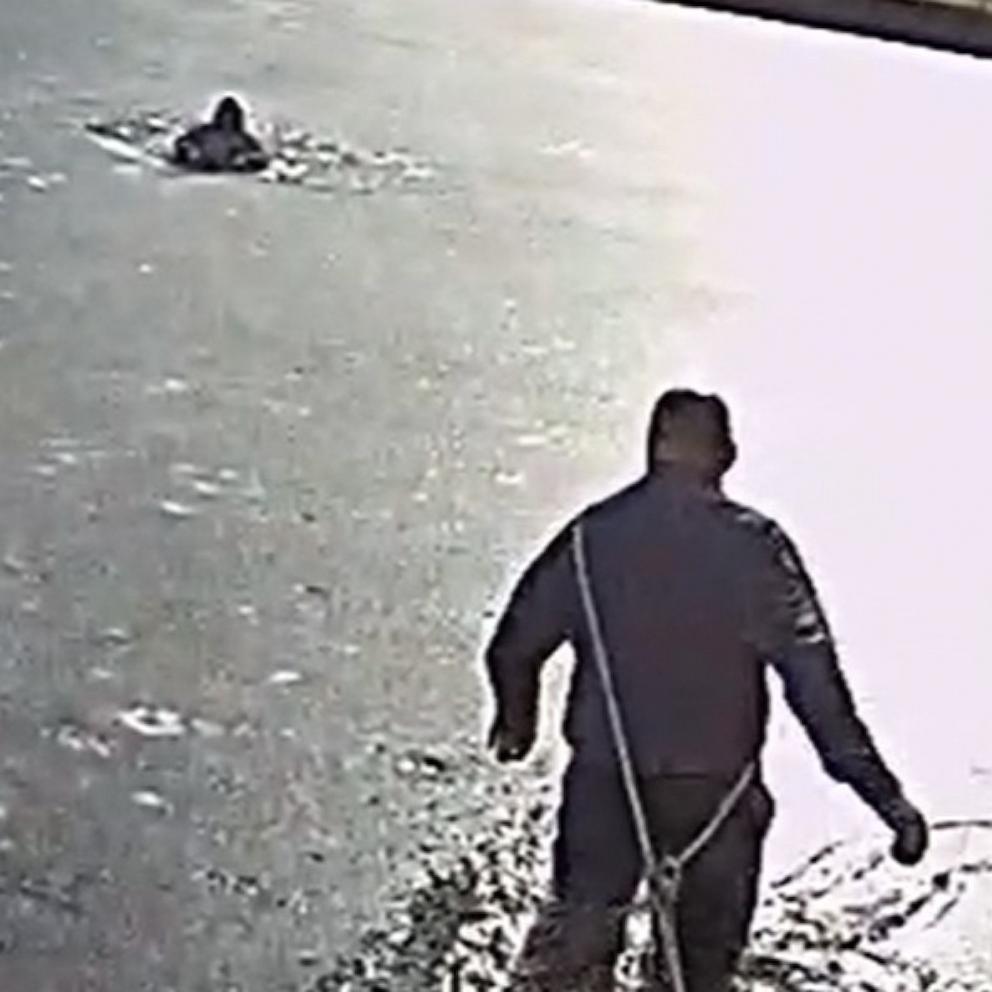With only dozens left, South Dakota zoo welcomes litter of 'critically endangered' red wolf pups
A zoo in South Dakota has welcomed a litter of critically endangered red wolf pups -- a litter vital to the existence of the species with only an estimated two dozen left existing in the wild.
The Great Plains Zoo in Sioux Falls, South Dakota, said that they were “thrilled to announce the births of six critically endangered red wolves” on Thursday in a statement on the zoo’s website.

The six pups -- two females and four males -- were born to first-time parents Camelia and Uyosi, who only arrived at the Great Plains Zoo in October of last year from facilities in Washington and Texas, respectively.
These six pups are vital to the existence of the species with an estimated 23 to 25 red wolves remaining in the wild and only an estimated 278 alive in captivity, according to the U.S. Fish and Wildlife Service’s Red Wolf Recovery Program.

“Camelia and Uyosi are amazing parents, I wouldn’t expect anything less from them,” said Joel Locke, the Animal Care Director of the Great Plains Zoo. “We are fortunate to have vet staff and animal care staff that have worked with red wolves for more than 15 years. We had our last litter from our previous pair of red wolves in 2016, so the team is well-versed in red wolf care.”
Red wolves are currently the most endangered canid species in the world, according to the zoo, and the red wolves at the facility are part of the Red Wolf Species Survival Plan, which aims to “breed pairs with the greatest possible genetic diversity, with the goal of bolstering the wild population.”

“We will soon see the pups wandering around the exhibit, as they get bigger and braver,” the Great Plains Zoo said in the birth announcement. “However, zookeepers request that everyone in the area continue to use low voices, as new wolf parents can be especially susceptible to environmental stressors.”
The pups are now under close observation by the zoo’s veterinary and animal care teams and are also being monitored very closely by camera as well as regular check-ups on their health and wellbeing.




